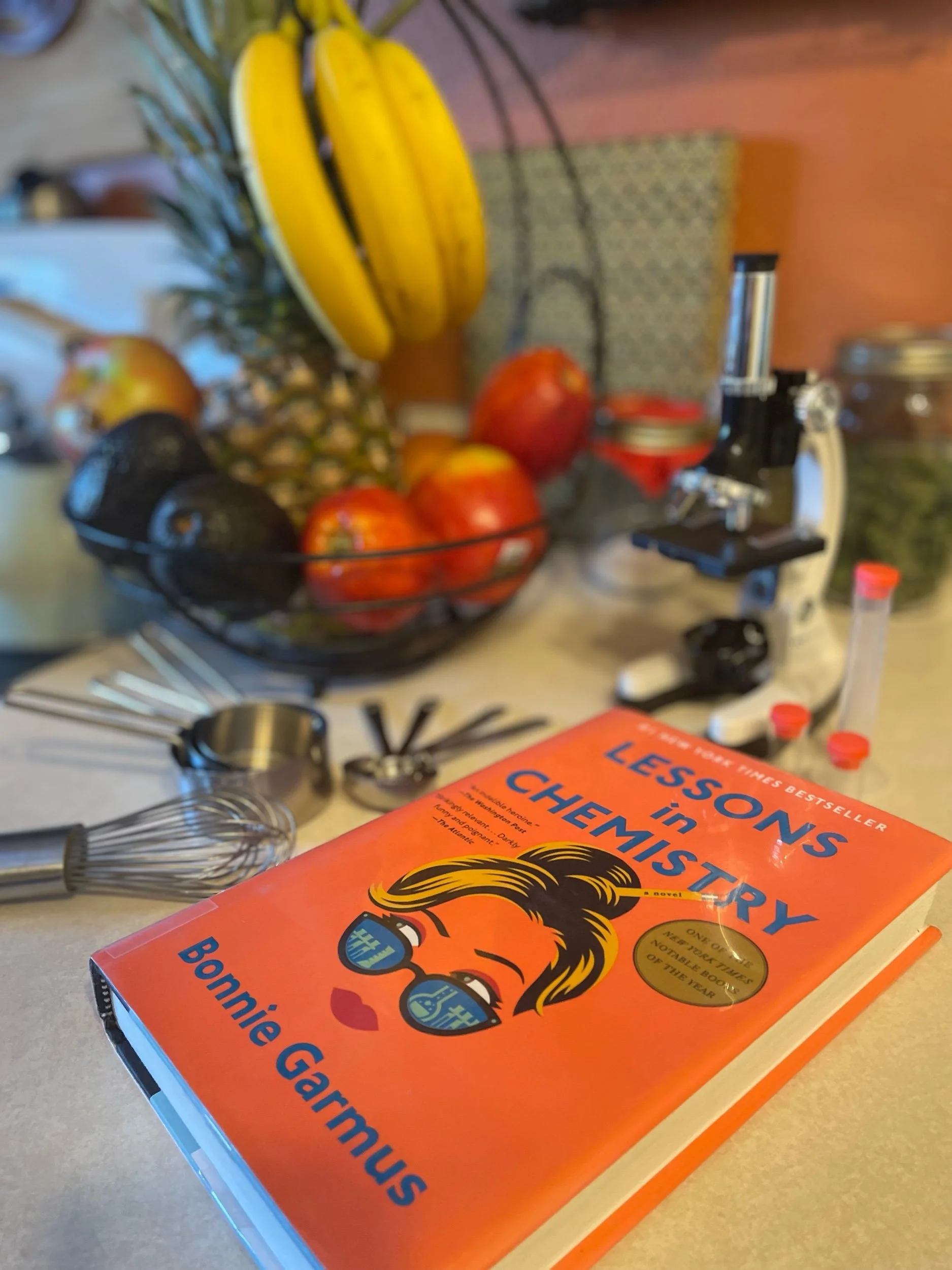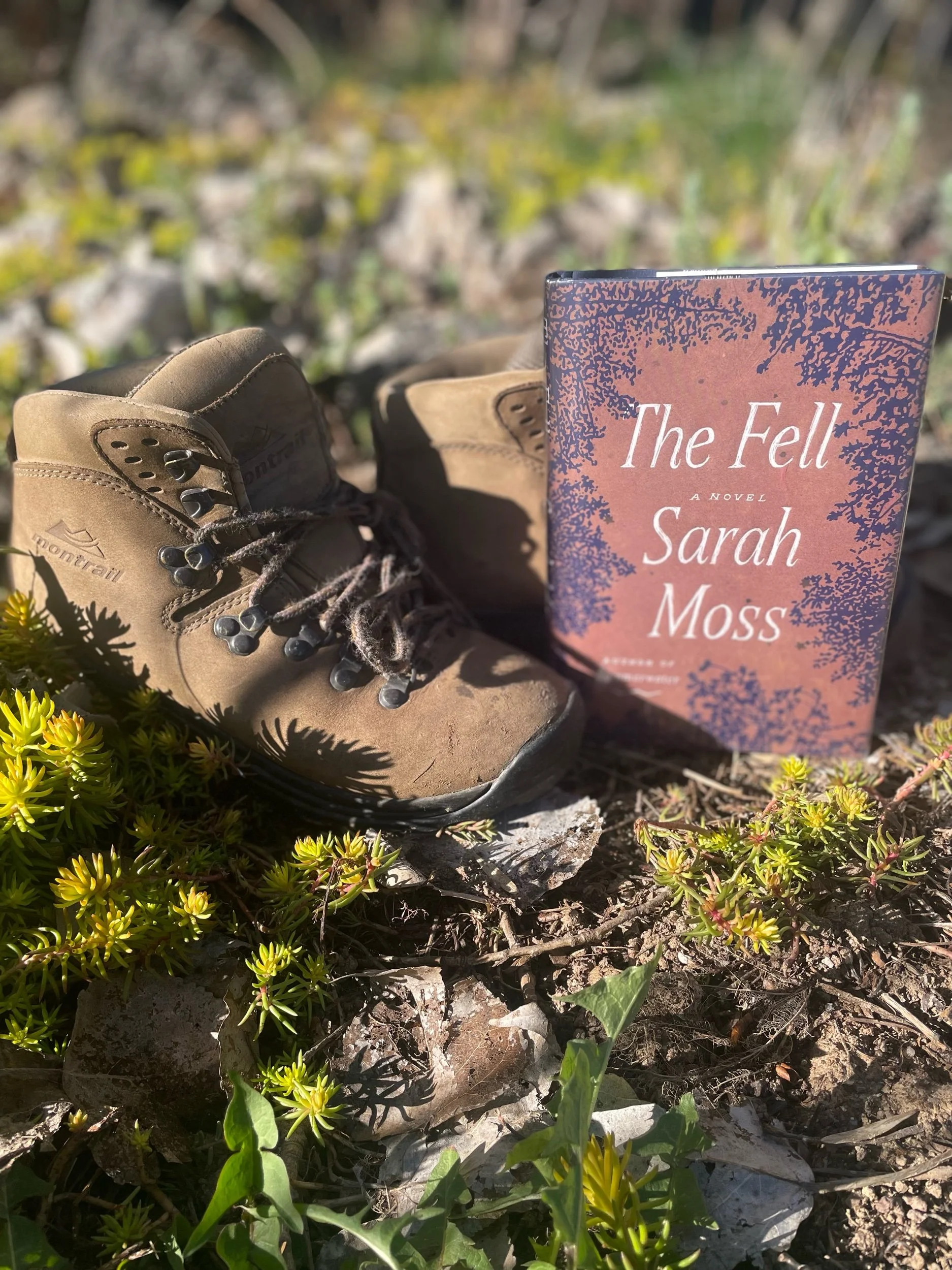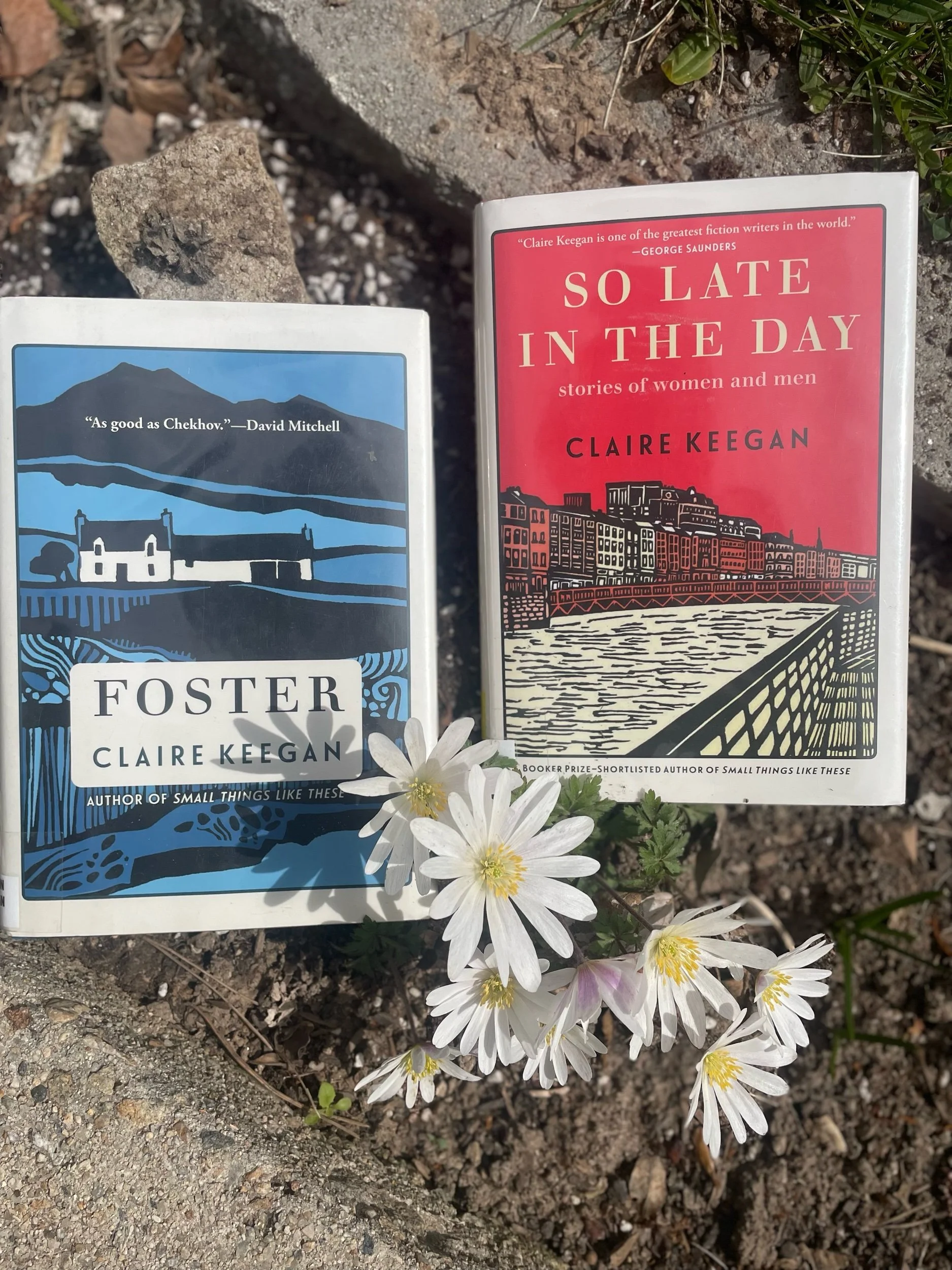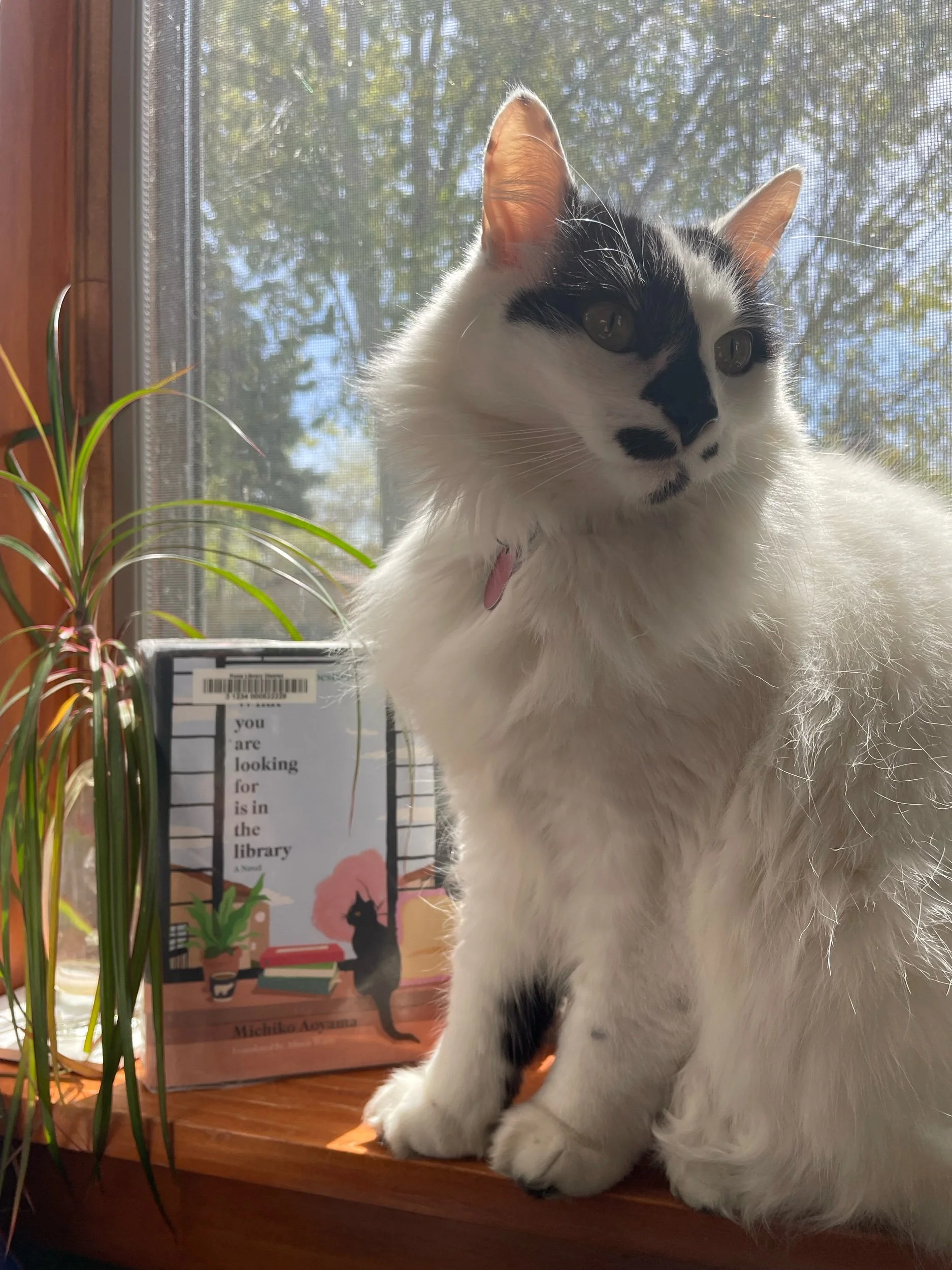Lessons in Chemistry
The cover and the pop culture chatter about Bonnie Garmus’s novel Lessons in Chemistry (2022) led to certain assumptions about it. I expected it to be a light beach read that involves a cooking show host. I expected a love story and probably a happy ending. I clearly didn’t read the cover. As I emerged from the blurry daze of a major hand surgery last month, I reached for this one. Turns out all the expectations I had were way off. This is definitely a novel that has nestled its way into popular culture (helped along by Apple TV’s fan-fictionish series adaptation of the same name), but it is not a light read. Rather, Lessons in Chemistry takes readers back in time to the mid 1900s, post-WWII, pre-Civil Rights/Vietnam era when women were confined by social (and at times physical) pressures to domestic or secretarial spaces. Indeed, Lessons in Chemistry is a novel about the years leading up to women’s lib and what has come to be known as second wave feminism.
The story follows the life of chemist, Elizabeth Zott, as she suffers time again for her untraditional and nonconformist views. She is a sort of female version of The Rosie Project’s protagonist, who seems a bit detached from the reality of everyday emotions that most of us experience. Zott’s young life is a series of trials and tribulations. She finds love. She faces great loss along with the challenge of a lifetime.
In addition to plenty of backstory threads, most of the novel progresses through a time in which Zott is the unlikely celebrity of an afternoon cooking show. Her show experiences the 1960s version of going viral for a time. Yet through it all, tensions between her passion for chemistry and disgust at the world’s backward views on the intellect of half its citizens (women) creates plenty of conflict.
There are lots of other threads and themes (loss, rape, premature death, single parenthood, raising eccentric children, rowing, and found/chosen family, to name a few) but to dive into them would, perhaps spoil elements of the book. I will leave it to you to discover them if you choose to read this one. One element that I particularly loved in this book, I can say without spoilers, was the character of Zott’s dog. Garmus crafts the novel in such a way that readers bounce from one character’s point of view to another as the ornate web of characters and circumstances she creates starts to taper; among those characters is the dog. He was, perhaps, my favorite.
While Garmus’s novel was not what I expected on setting out, it was a story that ends in hope. So if you are looking for a happy ending, Lessons in Chemistry will serve one up, it just may not be cooked the way you expected. To be sure, this book dishes up plenty of heavy themes and scenarios for the reader to digest as it investigates the myriad moments of institutional sexism endemic to mid-twentieth-century American culture.
Bibliography:
Garmus, Bonnie. Lessons in Chemistry. Doubleday Day Books: 2022.
Few great passages:
“‘Feeling like one doesn't fit is a horrible feeling,’ she continues, unruffled. ‘Humans naturally want to belong—it's part of our biology. But our society makes us feel that we're never good enough to belong. Do you know what I mean, Phil? Because we measure ourselves against useless yardsticks of sex, race, religion, politics, schools. Even height and weight—‘“ (273).
“Imagine if all men took women seriously. Education would change. The workforce would revolutionize. Marriage counselors would go out of business” (331).
“‘One of the things I like about cooking,’ she said as she added flour, ‘is its inherent usefulness. When we make food, we don't just create something good to eat—we create something that provides energy to our cells, something that sustains life’” (340).
“‘Normal isn't like weather; you can't expect normal. You can't even make normal. From what I can tell, normal may not exist’” (352).
"’I believe in a few things,’ he corrected. ‘Mostly the things about not giving up hope, not giving in to darkness. As for the word 'preach,' I prefer 'relate.' Anyway, what I believe is irrelevant. What I think is that you feel dead, so you believe you are dead. But you're not dead. You're very much alive. And that puts you in a difficult position’” (353-354).
“‘CHEMISTRY IS CHANGE, she wrote.‘Whenever you start doubting yourself,’ she said, turning back to the audience, ‘whenever you feel afraid, just remember. Courage is the root of change—and change is what we're chemically designed to do. So when you wake up tomorrow, make this pledge. No more holding yourself back. No more subscribing to others' opinions of what you can and cannot achieve. And no more allowing anyone to pigeonhole you into useless categories of sex, race, economic status, and religion. Do not allow your talents to lie dormant, ladies. Design your own future. When you go home today, ask yourself what you will change. And then get started’” (360).






